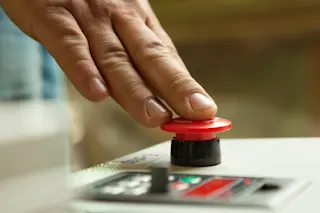All that build up for an episode about KARR, and that's it? In last night's episode of Knight Rider, a dangerous robot went on the rampage, and all we get is a turbo-boosted kill shot from KITT, and KARR is no more? Sheesh. Now I almost wish I could just forget the whole KARR plot— kinda like Michael Knight did. Early in the episode, the late Dr. Graiman tells Knight, via hologram, that he was actually KARR's first driver. As we know, KARR started programming himself and became a killing machine, forcing the government to scrap the program and build KITT. To prevent Knight from spilling the beans, they wiped Knight's memory. Induced amnesia is a classic of Sci Fi—and of soap operas, and who knows what all— but can it actually be done? The current theory of memory formation is somewhat in flux, but generally there are four stages: ...
Knight Rider: What Michael Knight Forgot
Explore memory formation theory and how it connects to KARR's plot in Knight Rider, revealing intriguing insights about memory reconstruction.
More on Discover
Stay Curious
SubscribeTo The Magazine
Save up to 40% off the cover price when you subscribe to Discover magazine.
Subscribe








